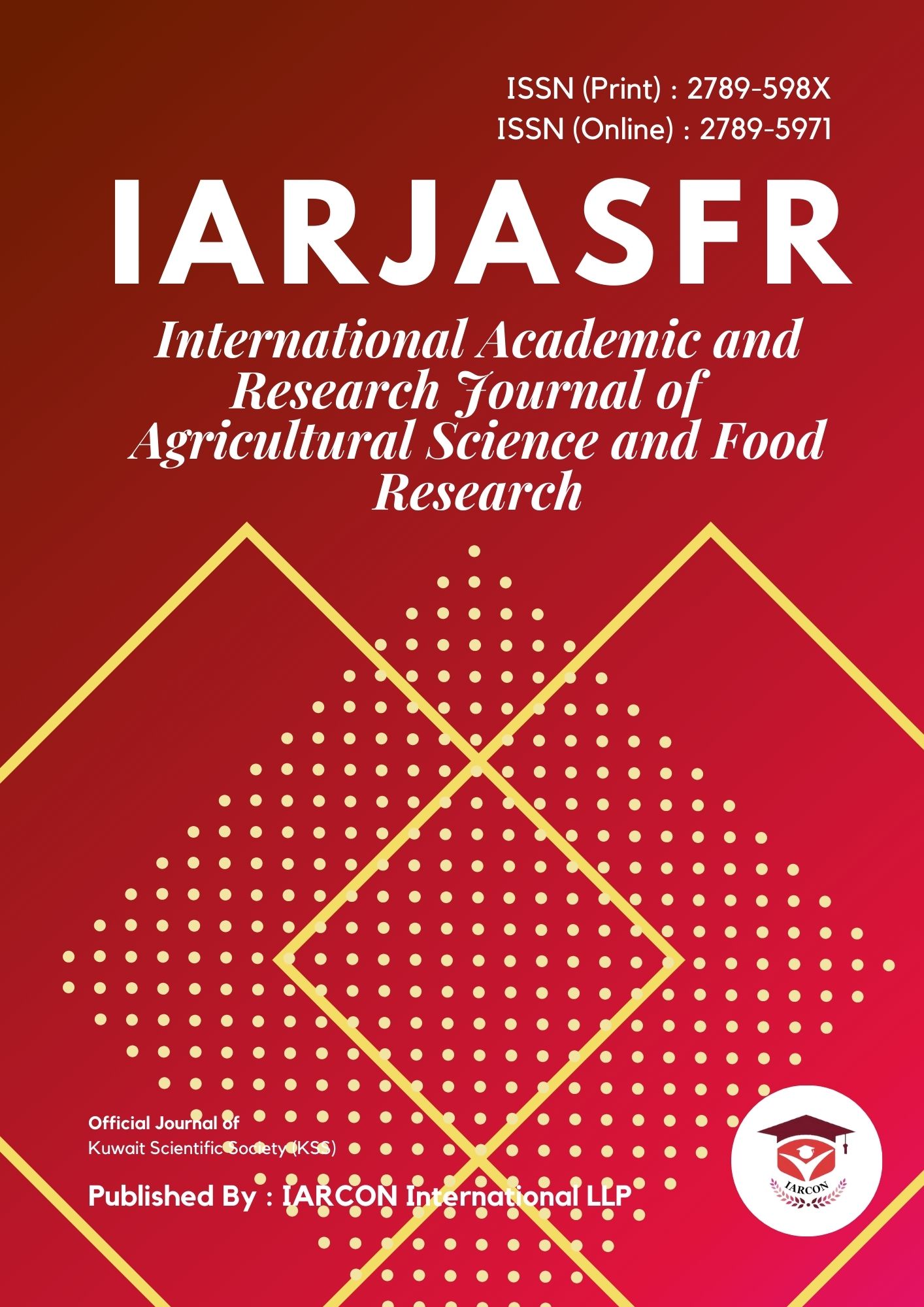Determine the efficacy of pumpkin juice and BHT Soft gene fortification on experimental animals with oxidative stress
This study was designed to investigate the effects of pumpkin juice and BHT on total cholesterol (TC), triglycerides (TG), and high-density lipoprotein cholesterol (HDL-C). High-density lipoprotein cholesterol; low-density lipoprotein cholesterol (LDL-C) Low-density lipoprotein cholesterol, very low-density lipoprotein cholesterol (VLDL-C) very low-density lipoprotein cholesterol and the effectiveness of liver enzymes, alt-AST and ALP, in adult male rats of the Sparco-Dawley type and in oxidative stress patients as an experimental model for this study. The rats were divided into five groups—a healthy control group and a control group affected by oxidative stress—and the three affected groups were fed a standard diet. 50% The remaining 50% of the soft cheese is divided into three types: (T1) represents soft cheese with no additions. T2 represents soft cheese fortified with pumpkin juice at 1.5%, while T3 represents soft cheese fortified with BHT at 0.125 mg/L after the end of the feeding period (28 days). The results showed a significant decrease (p 0.05) in the total cholesterol level of the fed rats. oxidative stress, which reached 159.72 mg/100 ml, as well as a decrease in the fed rats' levels of triglycerides and low-density lipoproteins. In terms of enzyme activity in the ALT and AST, the largest significant decrease was in the group of rats fed Ton soft cheese fortified with pumpkin juice, which recorded 30.45 and 57.29 international units/liter compared to the infected control group, which recorded 40.27 and 78.35 international units/liter. It can be concluded that soft cheese fortified with pumpkin juice plays a positive role in improving the blood lipid profile in infected individuals by reducing oxidative stress.

